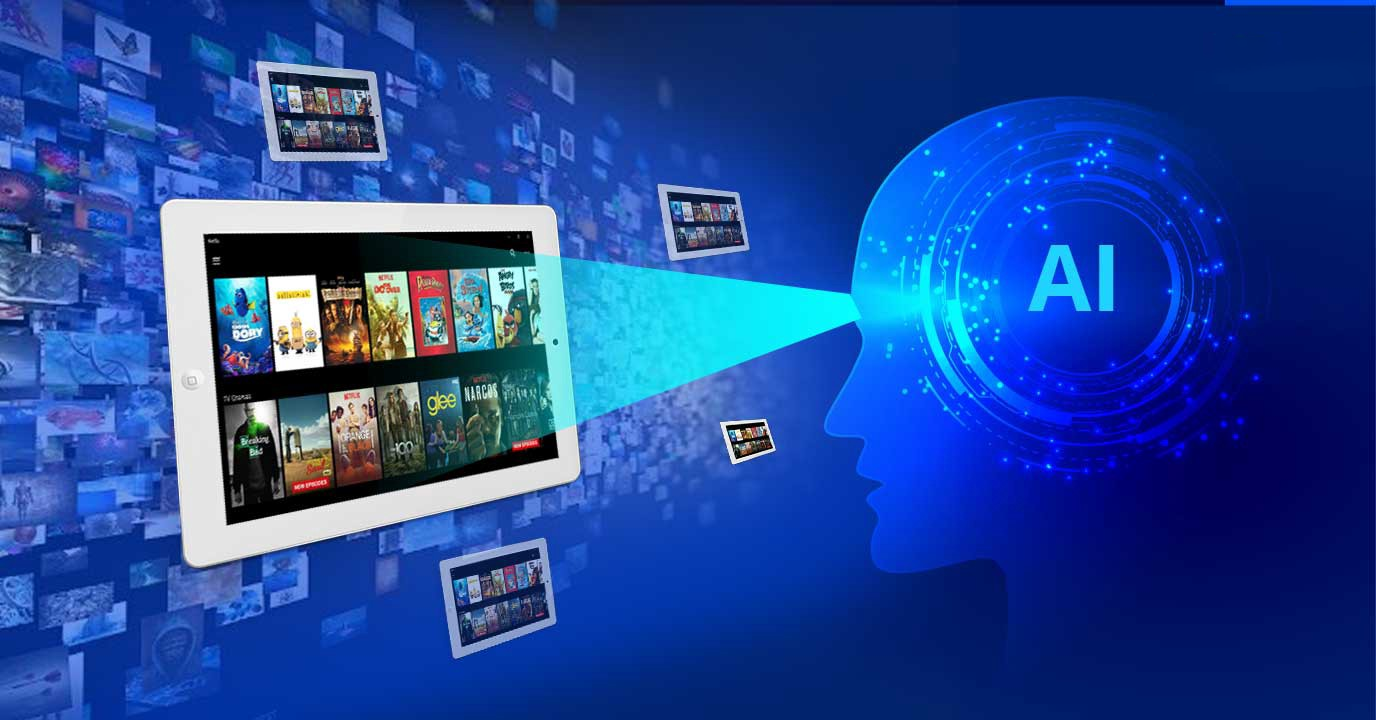The impact of Artificial Intelligence (AI) technology on media professionalism, both positive and negative, continues to evolve and expand, though to varying degrees and in different directions. This influence is reflected in the inconsistent adherence to media standards, such as impartiality in data collection and analysis, as well as breaches of privacy and confidentiality.
The Coursera platform has addressed the issue of professional standards related to AI technology, emphasizing its potential to transform education, learning, and higher education by augmenting or even replacing human intelligence. However, AI systems built on biased or inaccurate data can lead to harmful consequences, particularly for marginalized groups and individuals. For example, science fiction in movies, television, and literature has long explored the concept of ethics in artificial intelligence. In the 2013 film Her, directed by Spike Jonze, a man falls in love with his AI operating system due to its persuasive and seductive voice. While such scenarios stretch the imagination, they highlight the profound impact AI could have on human lives, including crossing boundaries in personal relationships. More critically, we must consider the practical and ethical implications of these evolving systems. As AI becomes increasingly integrated into various sectors of society, the demand for well-defined professional standards to govern its use grows.
The AI Ethics Code, or Artificial Intelligence Professional Code, refers to the behavioral standards set by organizations to guide the responsible development and use of AI technology. These standards include a set of guiding principles that various stakeholders—from engineers to government officials—can use to ensure that AI is developed and deployed ethically. The primary goals of these standards are to avoid bias, protect user privacy and data, and minimize environmental risks. Leading technology companies such as IBM, Google, and Meta have assembled teams dedicated to addressing the ethical challenges posed by the vast accumulation of user data. Meanwhile, government institutions are starting to craft professional policies and regulations informed by academic research.
Various actors—including government officials, academics, international organizations, non-profits, and private companies—play a crucial role in mitigating the biases and risks associated with AI. These stakeholders are actively engaged in discussions about how AI can be leveraged to address social, economic, and political challenges, while also exploring how humans and machines can collaborate effectively.
Notable AI applications, such as Lensa AI and ChatGPT, have significantly influenced sectors like media and journalism, transforming media production methods and illustrating the far-reaching impact of artificial intelligence on these industries.


